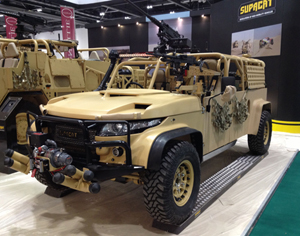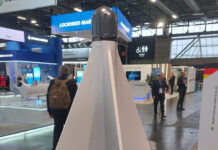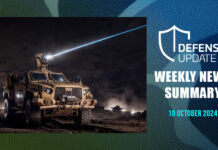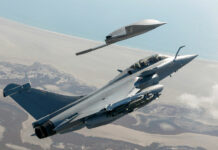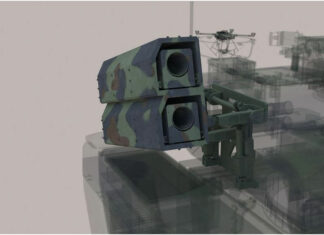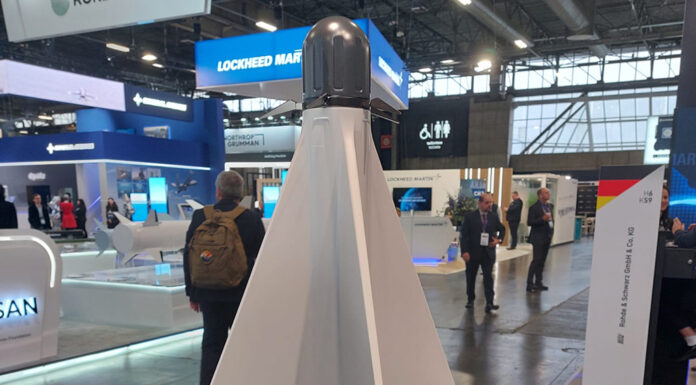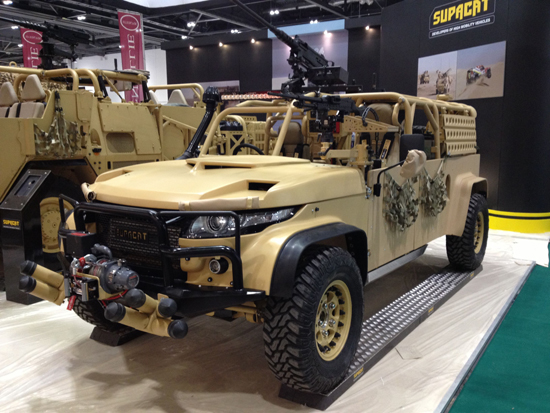
Supacat is launching the Light Reconnaissance Vehicle 400 (LRV 400) at the DSEi 2013 exhibition opened in London today. The vehicle is designed as a low cost, high performance capability for special forces, border patrol, reconnaissance, rapid intervention and light strike roles. Offering light forces supreme levels of all-terrain mobility, the LRV 400 is able to be tactically loaded within a CH-47 Chinook with its full operational payload on board.
The LRV 400 is a militarized variant of Qt Services’ successful `Wildcat` off-road motorsport vehicle, which has a proven record on the Rally Raid circuit and has earned a reputation for rugged reliability and high speeds over rough terrain.
Using a fresh approach, Supacat have teamed with Qt to modify and integrate the COTS vehicle to military standards, thus providing an affordable capability using proven technology. The LRV 400 fills the gap in Supacat’s product portfolio between the heavier `Jackal` surveillance, reconnaissance and patrol vehicle and the smaller All-Terrain Mobility Platform (ATMP).
“The LRV 400 meets the gap in the military market for a light reconnaissance vehicle with an overall capability as close to that of Jackal as possible, but smaller and at less cost by adopting a COTS approach. We’ve taken motorsports’ best of breed in Qt’s Wildcat and modified it to military specification using Supacat’s proven expertise in developing Jackal,” said Jamie Clarke, Head of Marketing & Communications, Supacat. “Supreme performance and tactical CH-47 internal loading have been key targets on this project. The users will be able to drive in and drive out without the need to offload their payload or to conduct any lengthy preparation for flight. When they get there, they will be afforded the very best terrain access and operational capability. Applying motorsport technology to Defence applications is an exciting approach and one that will deliver unrivalled performance”.
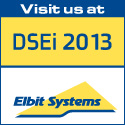
The LRV 400 has evolved out of customer feedback on a proof-of-concept closed cab demonstrator developed by Supacat and Qt in 2011. Wildcat’s tubular space-frame chassis and state of the art suspension are critical to the LRV’s performance and rugged reliability. The display vehicle at DSEi is shown in a three crew configuration of commander, driver and gunner but the flexibility of the space-frame design allows the LRV 400 to be easily re-configured to meet different operational roles.
With a Gross Vehicle Weight of 3500kg, a width of 1.8m and a height of 1.8m (weapon removed or lowered) the LRV 400 is easily air portable in a CH-47 Chinook helicopter. It boasts a maximum speed of 106 mph (170km/h) and a range of 1000km. Payload is up to 1400 kg, depending on customer specification and configuration. It can be fitted with a range of powertrain options – the display vehicle has a Ford 3.2-litre, 5-cylinder diesel engine developing 236 hp and 550 Nm torque coupled to a Ford-supplied 6-speed automatic gearbox and two-speed transfer box however, other engine and transmission options are available.

